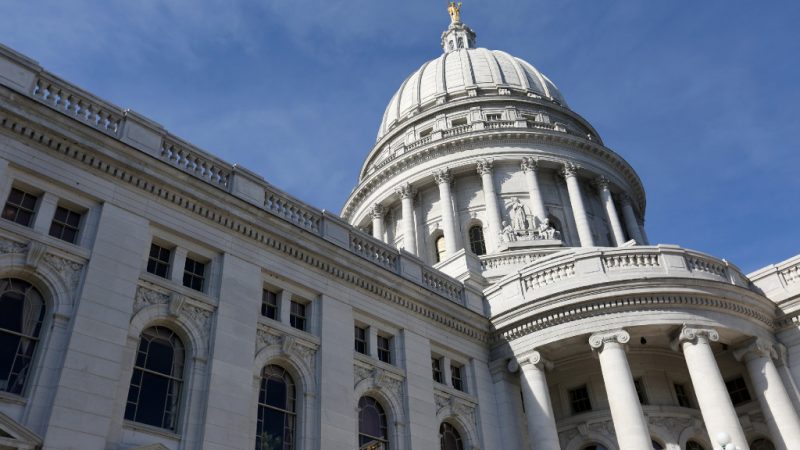The Joint Finance Committee unanimously signed off on nine settlements reached by the Department of Justice on various environmental violations.
But it added a provision before yesterday’s vote stating the committee expects Dem AG Josh Kaul to deposit attorneys fees from the cases into the general fund if Republicans are successful in a lawsuit they filed. The lawsuit seeks to compel the attorney general to adhere to their interpretation of a 2018 law giving them oversight of settlements reached by DOJ.
Altogether, the nine cases involve $378,000 in fines for violations that include the city of Elkhorn and village of Wilson failing to meet safe drinking water standards and two parties for improperly filling in wetlands. Of that, five of the settlements include $26,500 in attorneys fees.
Kaul and GOP lawmakers have been at odds over the lame-duck law approved shortly before he took office that gave the JFC oversight of various settlements the agency reaches. Kaul has argued in court the law violates the separation of powers, while Republicans have accused him of failing to follow the statutes.
>> WisPolitics is now on the State Affairs network. Get custom keyword notifications, bill tracking and all WisPolitics content. Get the app or access via desktop.
There are competing lawsuits currently working their way through the courts — one in Polk County and the other in Dane County.
The motion the committee approved included a statement that the committee believes the AG must “deposit all settlement funds, including attorneys’ fees from settlements, into the general fund for general revenue purposes.”
The committee added a similar provision to settlements it had previously approved.
The committee made quick work of its agenda, including signing off on covering additional overtime costs at DHS, releasing money to pay for grants to buy body-worn cameras and providing additional disaster aid.
The committee, which adjourned after less than 20 minutes, voted unanimously to:
*approve the release of $5 million to the Department of Justice to pay for grants to cover law enforcement agencies buying body-worn cameras and purchase houses in residential areas that are staffed by police, as well as to help schools upload mapping data of their buildings. The committee added provisions to make clear the three pots of money were one-time funds.
*approve $5.8 million in general purpose revenue and $2.6 million in program revenue annually in 2021-22 and 2022-23 to cover overtime costs at the Mendota and Winnebago Mental Health Institutes and the Wisconsin Resource Center and the Sand Ridge Secure Treatment Center under the Department of Health Services. In anticipation that the agency would need additional funds for overtime, the budget set aside more than $5.8 million in GPR and nearly $3.4 million in program revenue that the agency could request. Today’s vote releases the money that DHS requested.
*use federal funds to increase the cap by $5 million to $205 million for reinsurance payments under the Wisconsin Healthcare Stability Plan. The program was created to use state and federal funding to reduce premiums for those who buy health insurance on the individual market. The original cap for the 2021 plan year was $200 million, but claims came in at $202.6 million. The additional $5 million covers the excess and any additional reimbursements that have yet to be submitted. While no state funds would be needed to cover the increase, it could mean higher costs in 2023-24. That’s because the state has to make up any costs not covered by the feds, and the additional federal funding
*release nearly $4.3 million that the Department of Military Affairs had requested be released, including $2.8 million to make payments to local governments for costs such as debris clearance as the result of a major catastrophe. The committee also approved the agency request to release $1.5 million from its supplemental appropriation to cover grants for the next generation of 911 that will create a shared statewide network and $500,000 to the urban search and rescue task force. The committee rejected a request from DMA to approve two new positions as part of the Next Generation 911 effort. Those positions were slated to oversee data preparation and to manage the grants. DMA said the two positions could be covered with existing funding, according to the Legislative Fiscal Bureau summary of the request.



